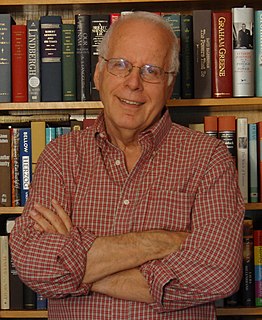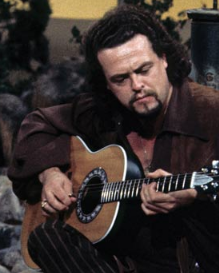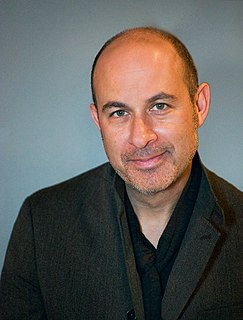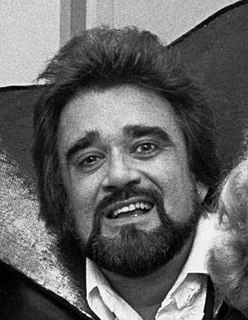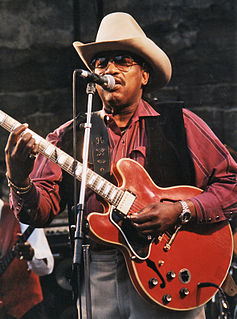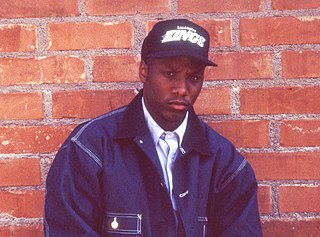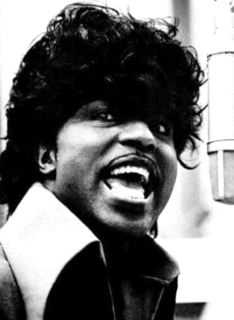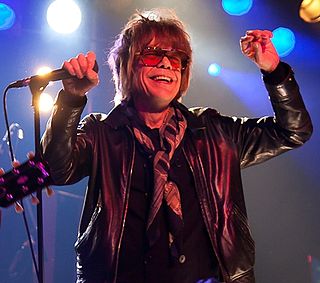A Quote by Robert Hilburn
Growing up in the icy isolation of Hibbing, Minn., Dylan, who was still Robert Allen Zimmerman then, found comfort in the country, blues, and early rock 'n' roll that he heard at night on a Louisiana radio station whose signal came in strong and clear.
Related Quotes
No matter what though, there's always rock & roll. There's rock 'n' roll in hip-hop, there's rock & roll in pop music, there's rock 'n' roll in soul, there's rock 'n' roll in country. When you see people dress and their style has an edge to it, that rebellious edge that bubbles up in every genre, that's rock & roll. Everybody still wants to be a rock star.
There's rock n' roll in hip-hop, there's rock n' roll in pop music, there's rock n' roll in soul, there's rock n' roll in country. When you see people dress, and their style has an edge to it, that rebellious edge that bubbles up in every genre, that's rock n' roll. Everybody still wants to be a rock star, you know?
